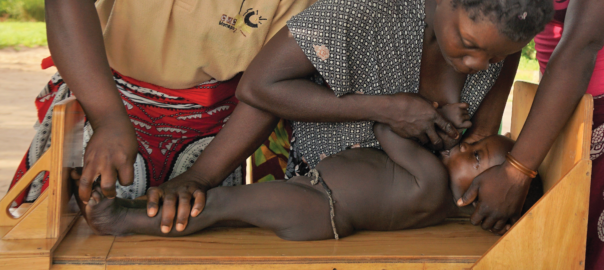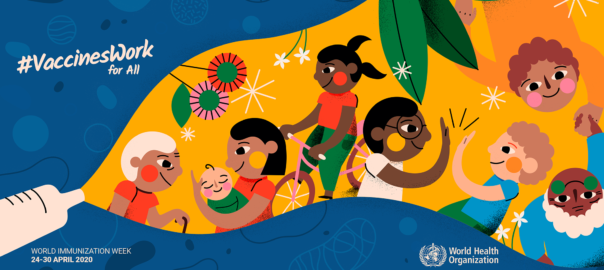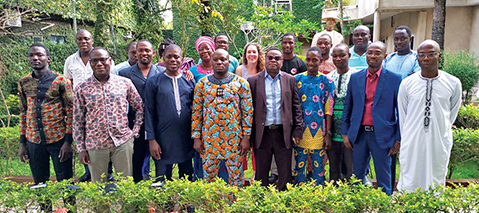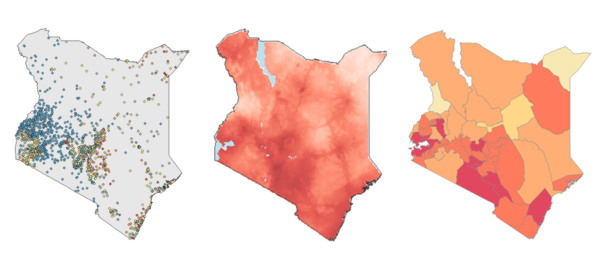Service Provision Assessments Shed Light on Health Facility Readiness to Control COVID-19
Are facilities prepared to face infectious disease pandemics like COVID-19? A new fact sheet explores infection control and readiness in health facilities from seven Service Provision Assessments (SPA) conducted in Afghanistan, Bangladesh, the Democratic Republic of Congo, Haiti, Nepal, Senegal, and Tanzania. The SPA collects information on the availability of different health services in a […]








